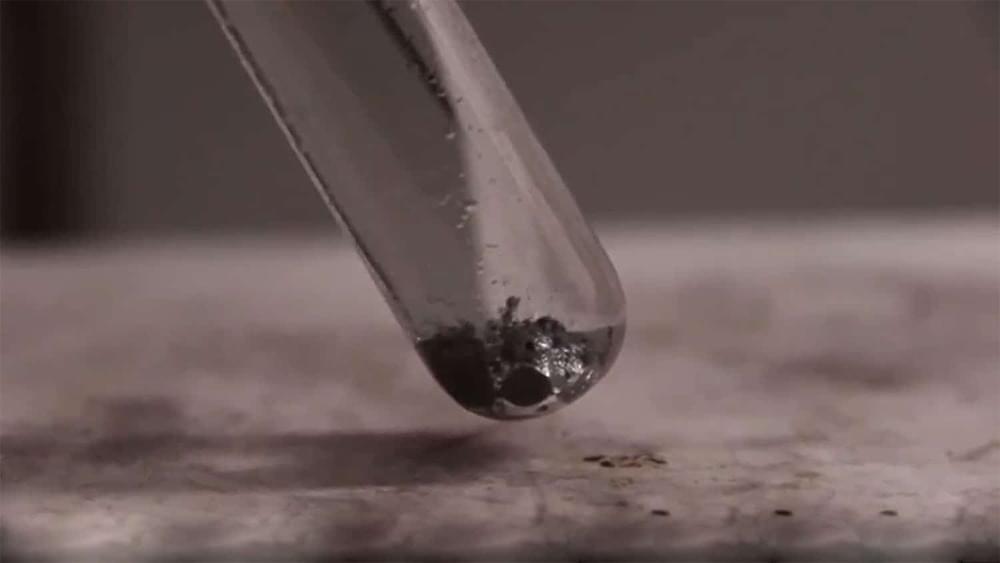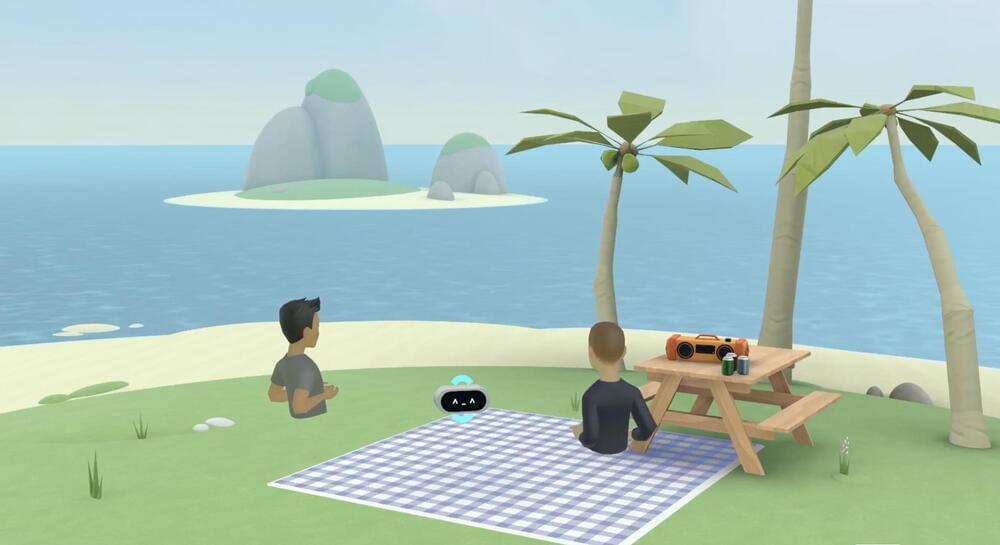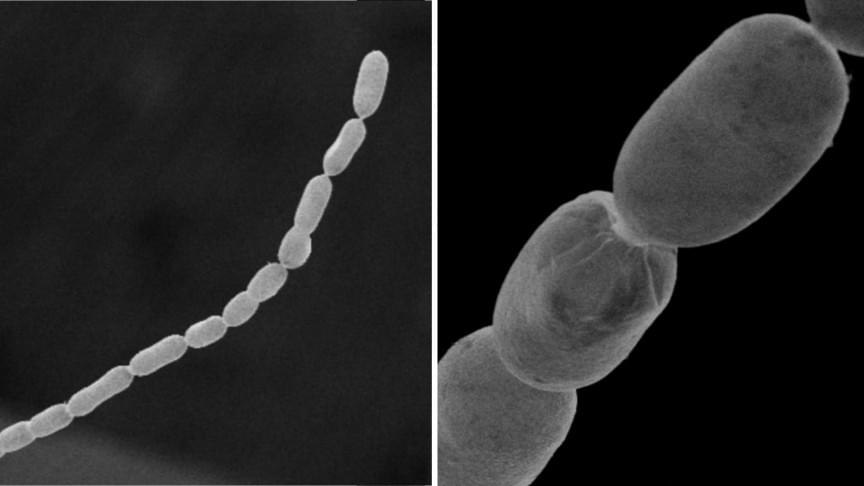“Aside from vastly expanding the geographic coverage of this energy source, the sheer feat of engineering involved deserves a mention. Until now, the deepest artificial point on Earth has been the Kola Superdeep Borehole in Russia. That Soviet-era project reached 12,262 metres (40,230 ft) below ground. Quaise would smash that record if achieving the full potential of 20,000 metres (65,600 ft).” https://www.futuretimeline.net/blog/2022/02/28-geothermal-en…nology.htm
A new drilling technology able to reach depths of 20 km could enable geothermal power to be accessed almost anywhere in the world.








